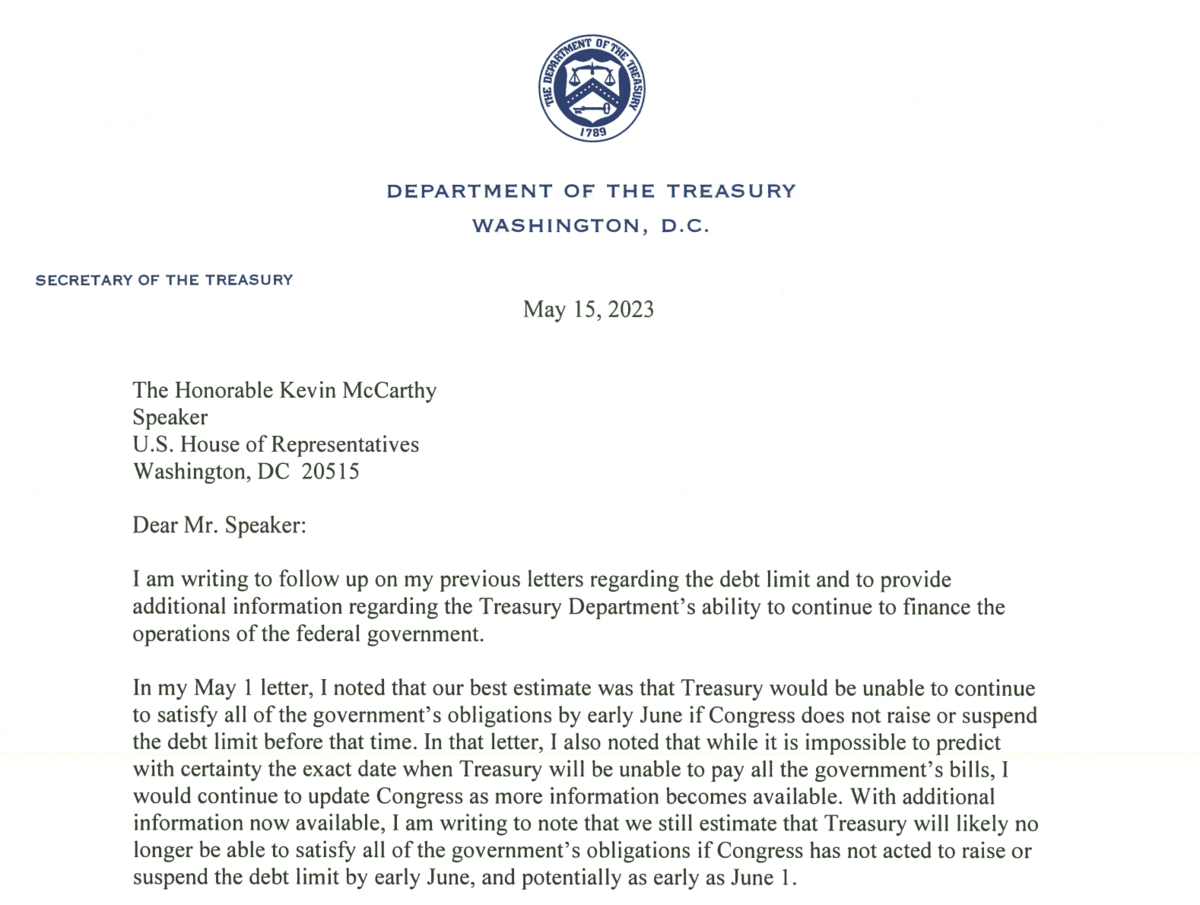UNCOMFORTABLE TRUTH:
The conflation of "luck" and "randomness" is one of the most intellectually lazy things we do in our society.
Time for a thread 👇🏽👇🏽👇🏽
The conflation of "luck" and "randomness" is one of the most intellectually lazy things we do in our society.
Time for a thread 👇🏽👇🏽👇🏽
1) Randomness (or random chance) is a math concept that is objective in nature. You can prove whether something is random or not.
Luck is a psychological concept that is subjective in nature. It is impossible to prove whether something is luck or not.
Luck is a psychological concept that is subjective in nature. It is impossible to prove whether something is luck or not.
2) It has become socially acceptable to ascribe outcomes, particularly ones that involve success, to luck.
People do this as a form of virtue signaling, but it is incredibly misleading.
"How did you become successful?" "I was lucky!"
People do this as a form of virtue signaling, but it is incredibly misleading.
"How did you become successful?" "I was lucky!"
3) Randomness is all around us.
It makes us uncomfortable to think we have zero connection to the external things that occur though.
We can't explain them because they are random, so we use "lucky" and "unlucky" as a way to cope with this uncertainty or unexplainable.
It makes us uncomfortable to think we have zero connection to the external things that occur though.
We can't explain them because they are random, so we use "lucky" and "unlucky" as a way to cope with this uncertainty or unexplainable.
4) Let's use an extreme example to highlight the difference between randomness & luck.
A man goes to war and loses his leg. It is likely random chance that he gets hurt and his friend doesn't.
Some will say "that man was so unlucky," but he will say "I'm so lucky to be alive."
A man goes to war and loses his leg. It is likely random chance that he gets hurt and his friend doesn't.
Some will say "that man was so unlucky," but he will say "I'm so lucky to be alive."
5) The idea of luck is a psychological trick that humans play on themselves.
We can't bring ourselves to say "that outcome was random chance." It makes us feel better to say, "That was lucky!"
Remember, random chance is a math concept and luck is a psychology concept.
We can't bring ourselves to say "that outcome was random chance." It makes us feel better to say, "That was lucky!"
Remember, random chance is a math concept and luck is a psychology concept.
6) Many people will conflate luck and randomness when it comes to starting position in life too.
It is a popular narrative to say "some people are lucky to start where they did in life."
It isn't luck. It is a combination of science and math (random chance).
No one got lucky.
It is a popular narrative to say "some people are lucky to start where they did in life."
It isn't luck. It is a combination of science and math (random chance).
No one got lucky.
7) It is important that we don't mistake the lack of "luck" for a lack of "advantage."
The math and science behind being born in a specific location, having certain parents, or being raised in one environment over another provides advantages.
It isn't luck though.
The math and science behind being born in a specific location, having certain parents, or being raised in one environment over another provides advantages.
It isn't luck though.
8) My favorite examples of this conflation is when people say "I was lucky to get in that school!"
No they weren't.
They either (a) did the work to qualify, (b) used money/power to gain access, or (c) benefitted from random chance.
No luck — there is always an explanation.
No they weren't.
They either (a) did the work to qualify, (b) used money/power to gain access, or (c) benefitted from random chance.
No luck — there is always an explanation.
9) So why is it important to separate luck and random chance?
Studies show that you can change your "luck" by simply changing your mindset.
Be positive, you become luckier. Be negative, you become unluckier.
Change your mind, change your luck.
Studies show that you can change your "luck" by simply changing your mindset.
Be positive, you become luckier. Be negative, you become unluckier.
Change your mind, change your luck.

10) It has become socially frowned upon to state that luck is a mental mirage.
The science is overwhelming though that this is true.
Don't allow society to hold the truth hostage.
Randomness happens to us all, but "luck" is how we respond.
You're in control.
The science is overwhelming though that this is true.
Don't allow society to hold the truth hostage.
Randomness happens to us all, but "luck" is how we respond.
You're in control.
If you found this interesting or learned something today, you should:
1. Follow me for more threads like this
2. Subscribe to read the daily email I write for 75,000+ investors every morning.
pompletter.com
1. Follow me for more threads like this
2. Subscribe to read the daily email I write for 75,000+ investors every morning.
pompletter.com
• • •
Missing some Tweet in this thread? You can try to
force a refresh















